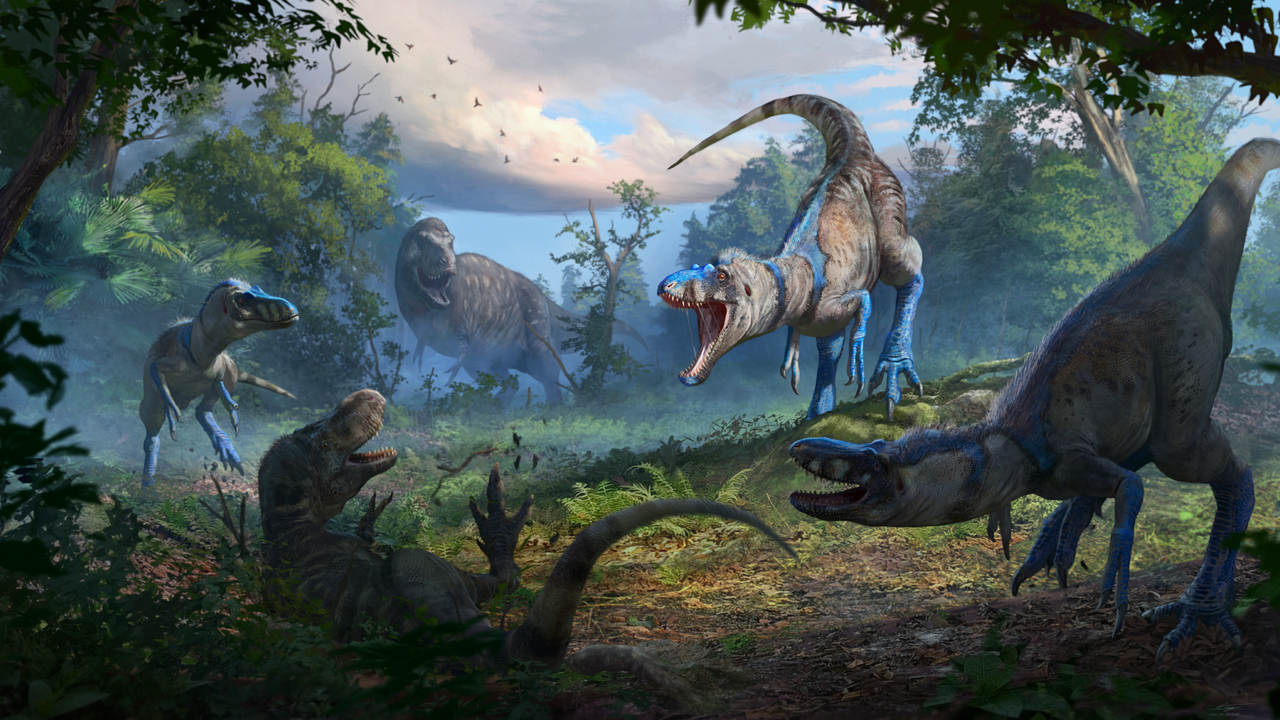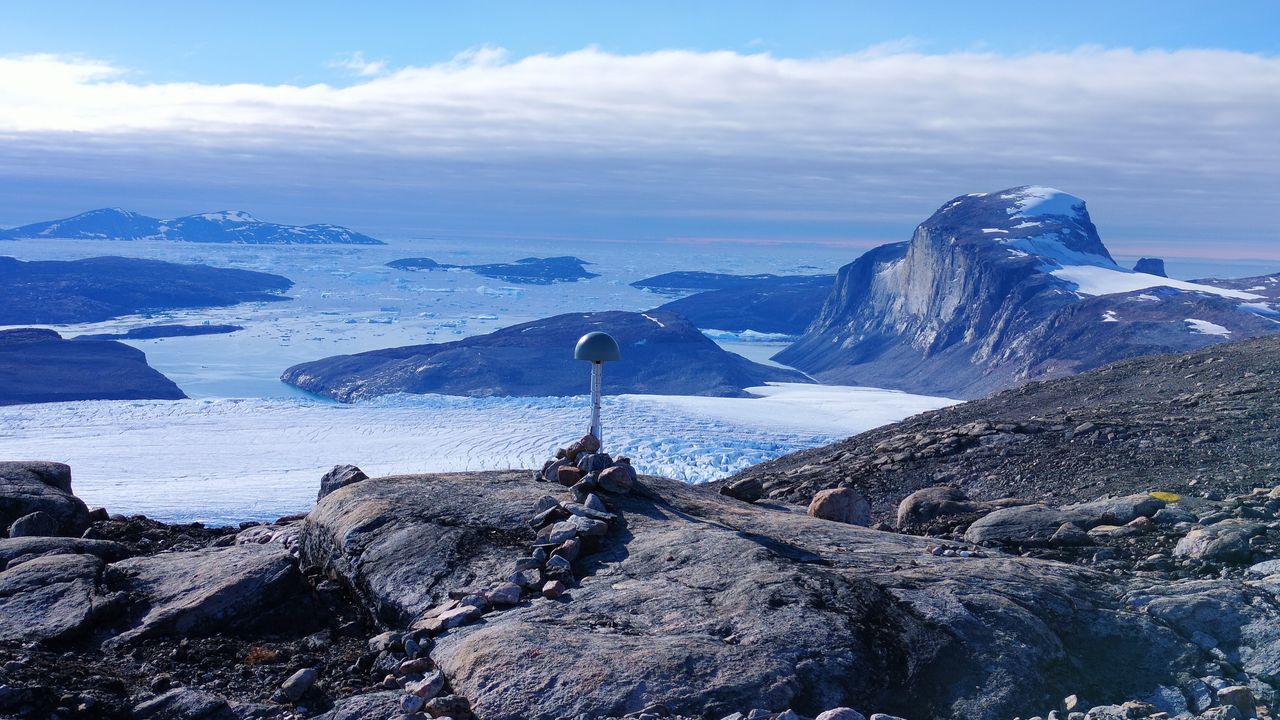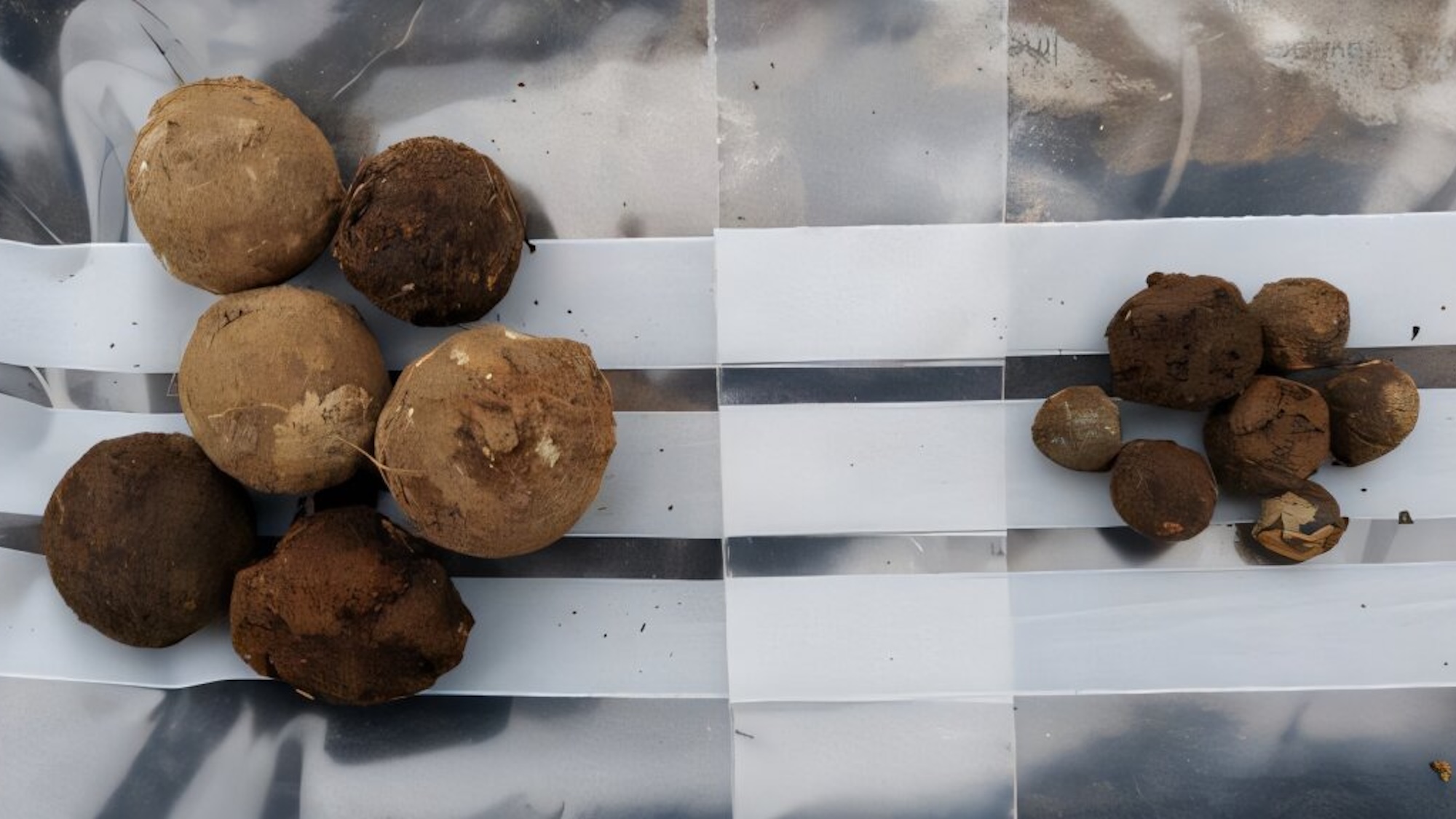What’s Behind This Luxury ‘Cat Poo’ Coffee’s Unique Flavor
PositiveScience
A recent study reveals that civets, known for their unique role in coffee production, enhance the flavor of coffee beans through their digestive process. The beans they consume and excrete are enriched with fatty acids commonly found in dairy products, contributing to a distinctive taste profile. This discovery not only highlights the fascinating relationship between animals and coffee but also underscores the importance of understanding the natural processes that influence food flavors, making it a significant finding for coffee enthusiasts and producers alike.
— Curated by the World Pulse Now AI Editorial System










